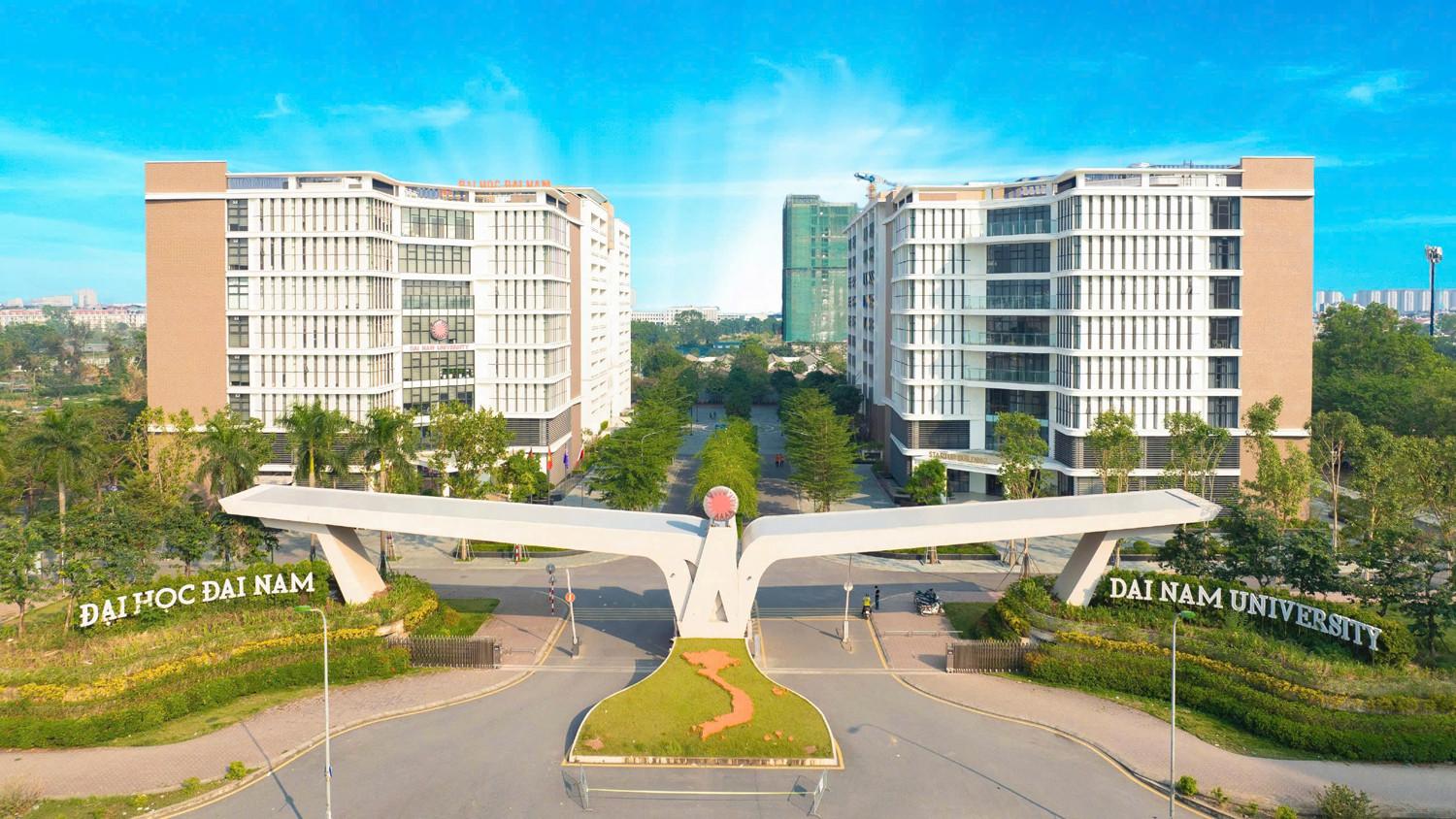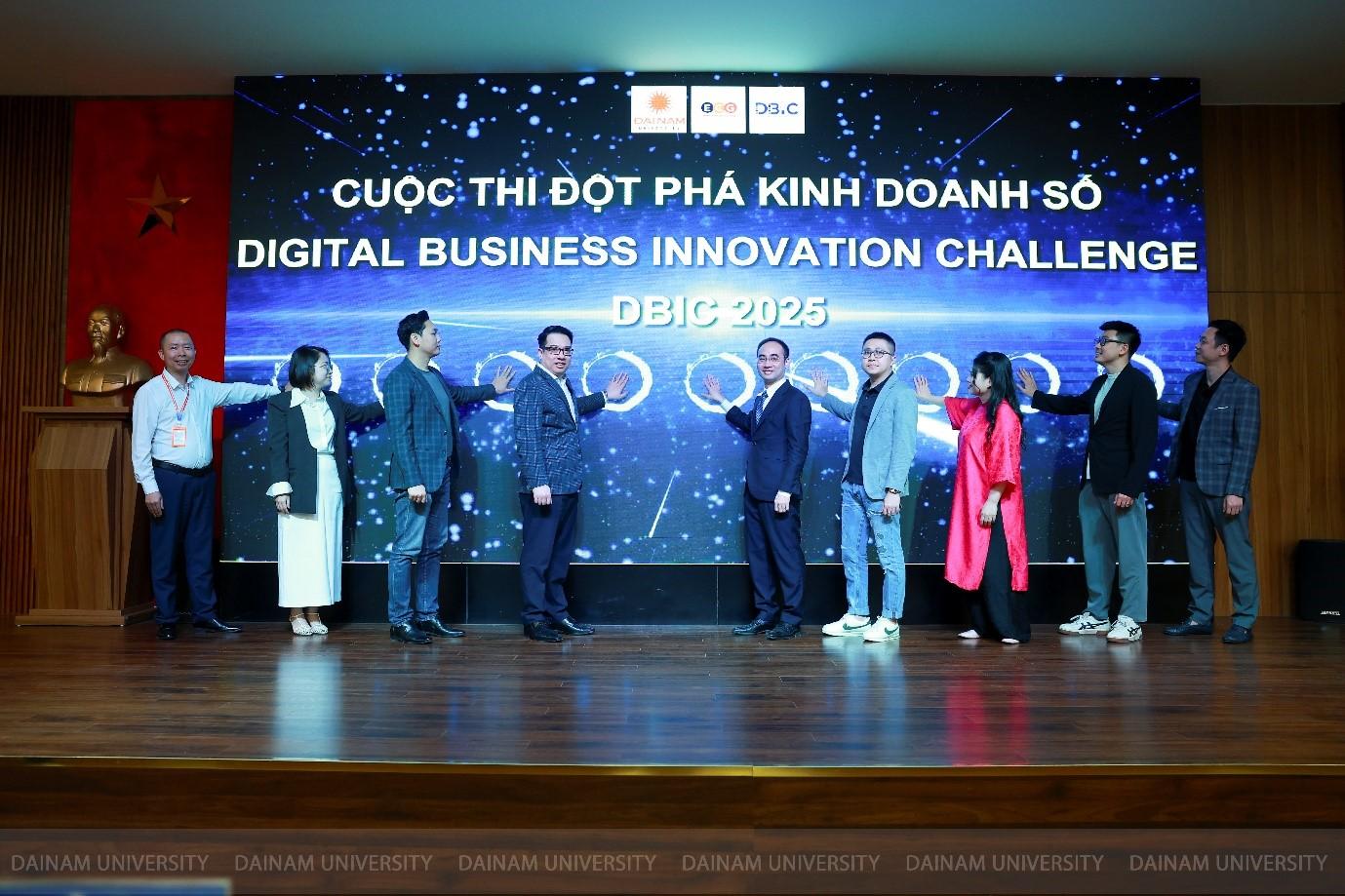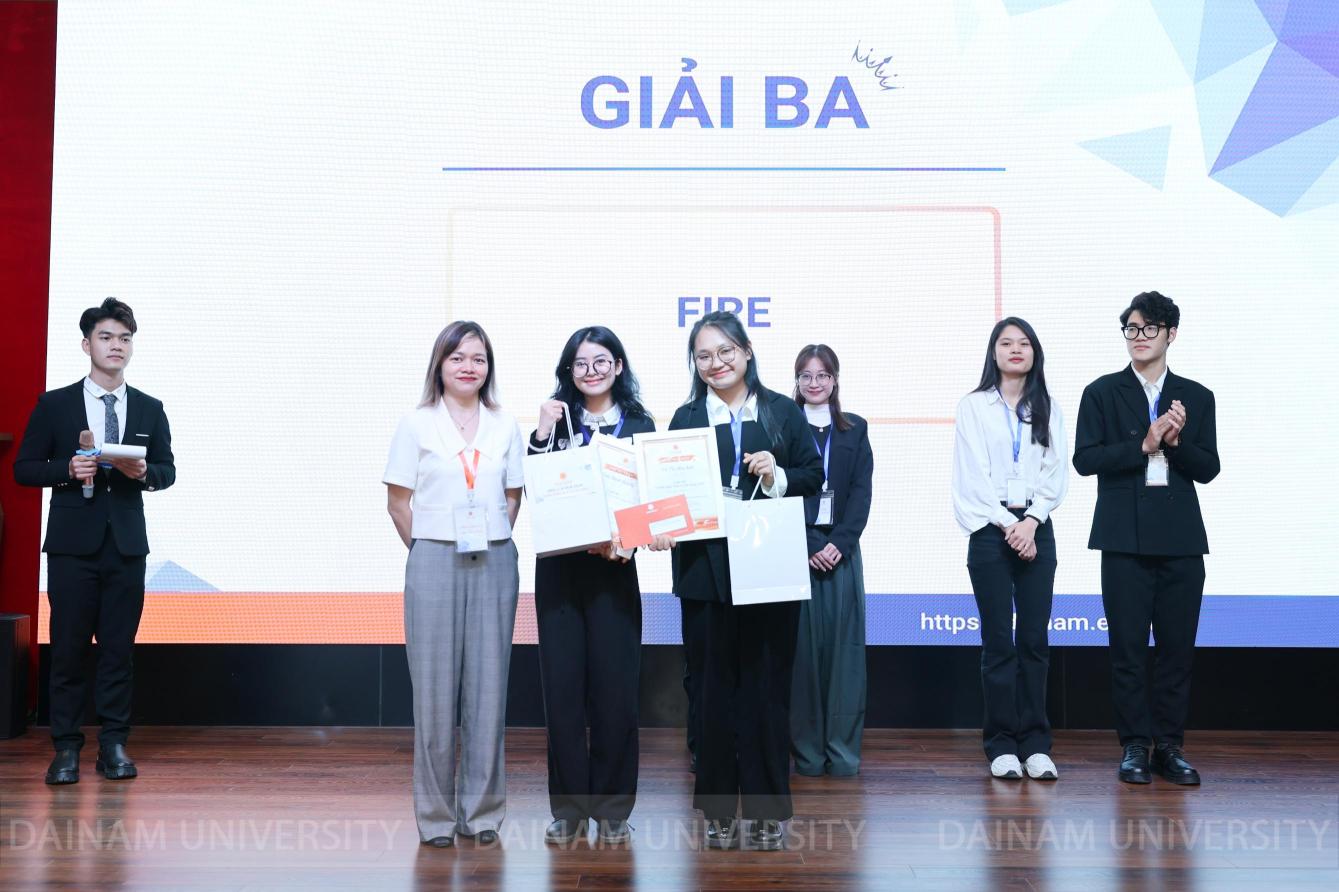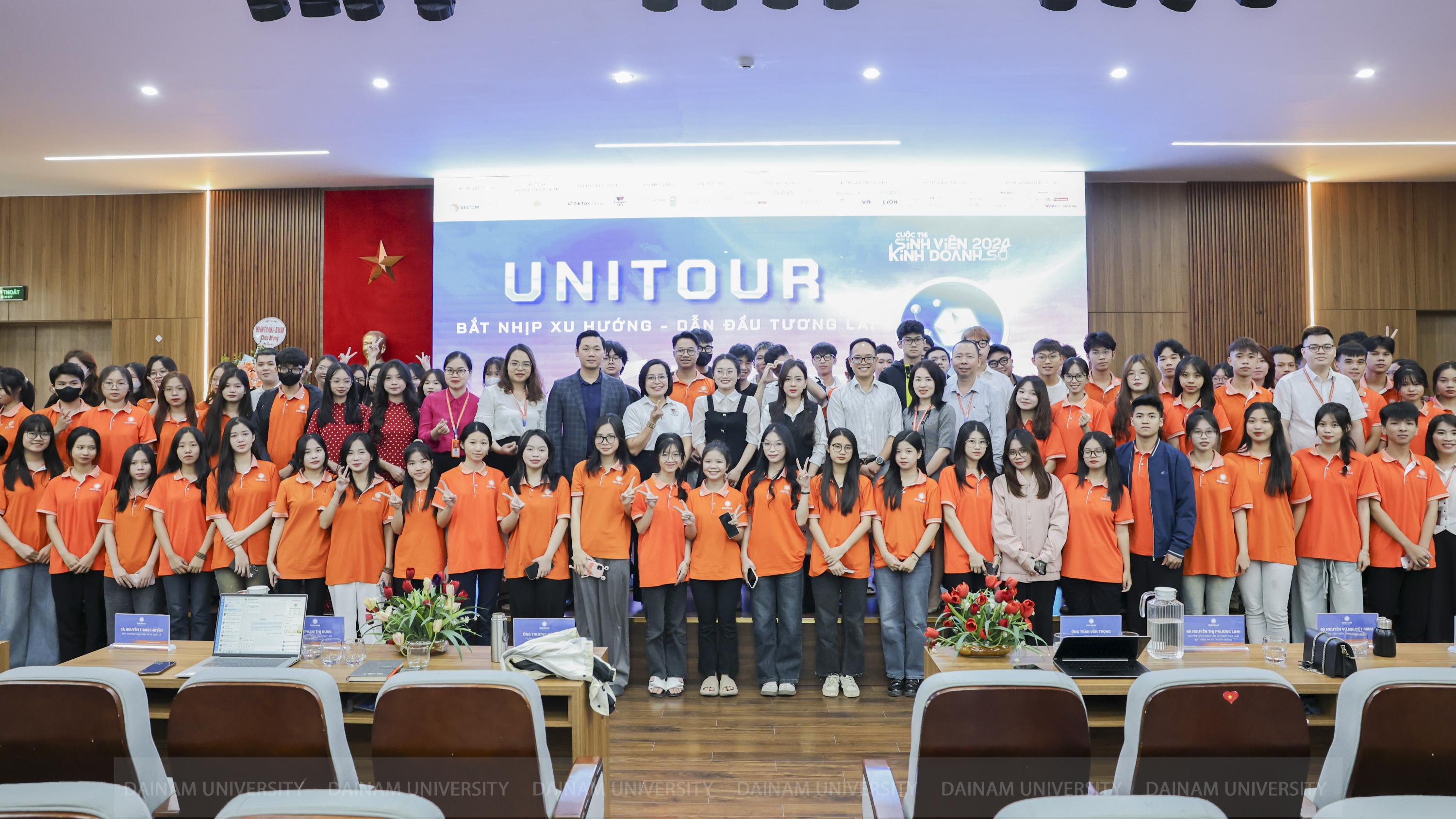Achievements in Korea's digital economic development

Korea is a country that focuses on developing the digital economy and has become one of the leading countries in the digital economy in the world. The achievements in developing the Korean digital economy are reflected in the following main aspects:
First, focus on building e-Government. Korea focuses on building e-Government to promote the process of transforming the digital economy . The first efforts in building e-Government in Korea were carried out in the late 1980s by implementing the National Basic Information System (NBIS) project, which focused on deploying IT applications nationwide.
Korea has been very successful in building e-Government and is always in the top 10 countries with the most developed e-Government. Korea has implemented e-Government very systematically from the beginning, from issuing legal documents to creating a legal corridor for information technology application activities to build e-Government. The Government has designed many programs to support the development of 3 basic elements of e-Government: technology, human resources and e-Government standards. Focus on deploying IT applications nationwide. Initiatives to build e-Government focus on innovating 3 main service areas including: First, innovating G2C (Government to Citizen) public services. The Korean Government's public administrative services have been put on the internet, creating a habit for people to work according to the "one-stop" mechanism and a paperless working style. Second, innovating G2B (Government to Business) business services : G2B is a form of non-commercial online interaction between local and central governments and commercial enterprises . Typical forms of transactions are: providing information on laws, regulations, policies and online public administrative services to enterprises mainly via the Internet . Third, innovating the way the Government works G2G (Government to Government). G2G allows online communication and information sharing between government agencies through a unified data system. In 2001, Korea developed G2B and G2G services, including: Electronic procedure system and personal policy support system; National financial information system and local administrative information system; The e-Document Exchange, e-Signature (e-Seal System) and computer connection system, thereby forming a close relationship between government and business and government and government, significantly contributing to the realization of the Korean e-Government program.
Second, the Internet universalization policy. To develop the digital economy, Korea has proactively implemented a policy of universalizing the Internet for its people. The rate of Korean households connected to the Internet reached 99.2% (2020), ranking first among 175 countries in the International Telecommunication Union (ITU). The success in universalizing high-speed Internet in Korea is due to five main factors linked together, including: One, timely planning and strong implementation by the government ; Two, creating a healthy competitive environment; Three , high urban population density; Four , strong growth of the private sector; Five , unique cultural characteristics of Korea. Korean culture focuses on the importance of ethics and perseverance, and once they set their sights on technological development, Koreans do not back down.
Third, develop e-commerce. E-commerce is widely used in Korea, accounting for over 40% of all commercial transactions. Korea introduced e-banking in 1999 and by 2010, 42.3% of users had used e-banking services. The boom in e-commerce was fueled by the widespread adoption of broadband Internet. Korea has regulations that allow the use of online signatures in e-commerce with full legal status as wet signatures on paper documents. This regulation allows electronic signatures to be used as evidence in legal matters. To enhance security in e-commerce, the government has also developed regulations regarding the protection of personal information and guidelines for the private sector to use encryption technology.
The size of the Korean e-commerce market is 7th in the world and 3rd in Asia. Online shopping websites in Korea account for 42% of total retail sales of the countries and are increasing. Of which, 70% of online shoppers make transactions via computers, more than 25% via smartphones and about 2% via tablets. Of which, about 34% of Koreans use online payment gateway services and 29% use bank payments.
Fourth, e-entertainment. E-entertainment also contributes to promoting Korea's digital economic development policy. The online game market in Korea has more than 15 million registered players. A large number of games are designed in fantasy worlds with many online players. The popularity of gaming portals such as Netmarble, Hangame and Pmang brings in large revenues and an estimated 10 million Koreans play games through these portals every month. Most online games are free to play and generate profits through the sale of virtual items. The leading online game companies are NHN, Nexon, NCsoft, Neowiz and CJ Internet.
Assoc.Prof.Dr. Vu Ha, Phuong Dung - Institute of Postgraduate Training
Register for admission consultation 2025
scholarships and tuition support worth up to 55 billion VND

scholarships and tuition support worth up to 55 billion VND









